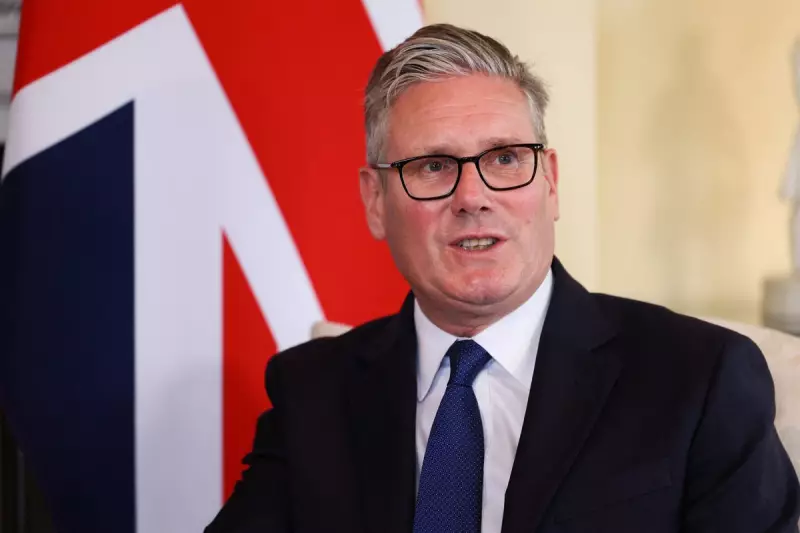
In a landmark foreign policy announcement, Prime Minister Sir Keir Starmer has declared that the British government is formally preparing to recognise Palestinian statehood as part of a comprehensive Middle East peace settlement.
The significant shift in Britain's diplomatic approach was confirmed during the prime minister's first press conference following the recent NATO summit in Washington. Sir Keir emphasised that recognition would not be an isolated gesture but would occur at what he termed "the start of the process" towards establishing a viable two-state solution.
This move represents a decisive break from previous Conservative government policy and aligns Britain more closely with several European partners who have already taken similar steps. The announcement comes amid ongoing conflict in Gaza and growing international pressure for a lasting political resolution.
Sir Keir stated: "We are prepared to officially recognise the state of Palestine as part of a peace process that delivers a sustainable solution to this decades-long conflict. We believe statehood should not be the final step but rather the beginning of a new political reality."
The prime minister's comments signal a fundamental reorientation of Britain's approach to one of the world's most intractable conflicts. This development is likely to have significant implications for the UK's relationships across the Middle East and with international partners including the United States.
While stopping short of providing a specific timetable, the government's position now explicitly supports Palestinian sovereignty as an integral component of any future peace agreement. This stance has been welcomed by Palestinian authorities but may create diplomatic tensions with Israel's current government.
The shift follows months of internal government discussions about how Britain can most effectively contribute to renewed peace efforts in the region. Foreign Secretary David Lammy has been tasked with developing the detailed diplomatic framework for implementing this new policy direction.
As the UK positions itself to play a more proactive role in Middle East diplomacy, this announcement marks one of the most significant foreign policy decisions of the new government's early tenure, with potential ramifications for international peace efforts and Britain's global diplomatic standing.






